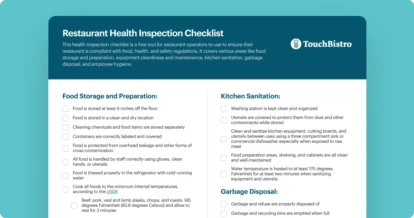Are you giving diners a compelling reason to visit your restaurant? This is a critical question to ask yourself, especially in times when high inflation is hurting everyone’s wallets. One proven way to get customers in the door is by running an LTO. But wait – what is an LTO? The acronym stands for limited time offer; and this marketing tactic is growing in popularity.
LTO marketing has been on the rise since 2020, according to food and beverage market research firm Datassential. The total number of restaurant and convenience store LTOs increased from 3,213 in 2020 to 4,514 in 2022. It’s also estimated that 2023’s figures surpassed those from the previous year.
In this guide to LTOs, we’ll cover:
- A basic LTO definition to set the stage
- A specific LTO meaning in the food service industry
- Why LTO restaurant marketing is a smart move
- 5 LTO marketing strategies you can try
What Does LTO Stand For and What is an LTO?
Here’s the straightforward LTO definition: limited time offer. This basic LTO meaning refers to an offer, such as a product or service, that’s available for a specific – and typically short – period of time. The idea behind LTO marketing is to create a sense of legitimate urgency and excitement around the offer among consumers.
LTO Meaning in Restaurants
What does LTO mean in food service, specifically? In restaurants and bars, an LTO is usually a promotion of a dish or drink. For instance, it could be a free dessert on Valentine’s Day – a one-day-only LTO that applies to any dessert on your regular menu.
Or, it could be a special menu item that’s only available for a short period of time or an entire LTO menu. Perhaps you’ve created a small summer menu with three appetizers that you don’t normally offer, in effect for July and August only. This would be an example of an LTO menu you might serve for a short period, in addition to your standard menu.
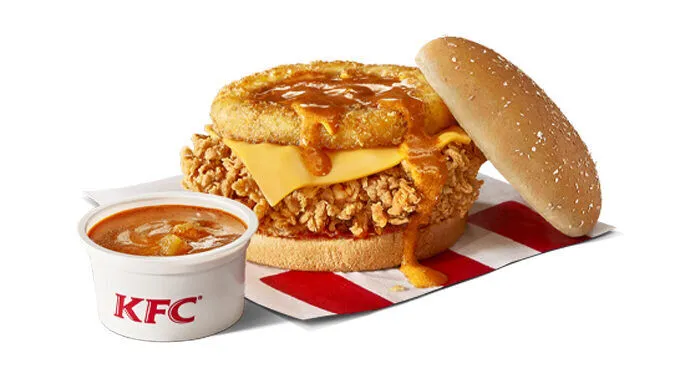
Why Restaurants Offer LTOs
We’ve now answered the question, “What is an LTO?” and covered the basic LTO meaning in food service. Next, let’s dive into why these offerings are a great option for restaurants to implement. We’ll also share a few LTO examples.
1. Easy Way to Boost Sales
When you’re evaluating which restaurant marketing ideas you should try, always consider both the short and long term. Running a restaurant LTO is an easy way to create a short-term spike in sales. In fact, a restaurant LTO can boost your sales by up to 20%, according to Datassential. So, it’s no surprise that 24% of restaurants run an LTO more than once a month.
For instance, the famous Magnolia Bakery in New York City often offers special cupcakes to mark various annual holidays and celebrations, like the Fourth of July or Pride Month. Sweet idea, right?
You can put your own twist on this style of LTO restaurant marketing, too. If your venue’s specialty is pasta, create an LTO menu with a small selection of fresh, light pastas for the first week of summer or hearty, comfort food pastas for the arrival of winter.
2. Perfect Opportunity for Culinary Experimentation
Running an LTO is an excellent way to give your chef the freedom to experiment with new food trends, flavors, and ingredients. This way, you can test these offerings and see how diners respond before you put the items on your regular menu.
For instance, KFC Singapore released the Currycano Zinger sandwich as an LTO. This chicken filet sandwich was garnished with cheese and a “hash cup” – essentially, a hashbrown with an indentation that held curry sauce.
3. Attracts Consumer Attention
Consumers love novelty. If you can catch their attention with an innovative LTO and differentiate yourself from the competition, you can often earn their business.
“For example, 55% of consumers say they’d be more likely to buy an LTO that features a nostalgic flavor or item,” reports Datassential. “[And] nearly half of consumers are willing to pay more for LTOs with premium ingredients.”
This is why it’s wise to think beyond the question, “What is an LTO?” and ask yourself what the right LTO is for your restaurant. Next, we’ll help you figure out exactly that.
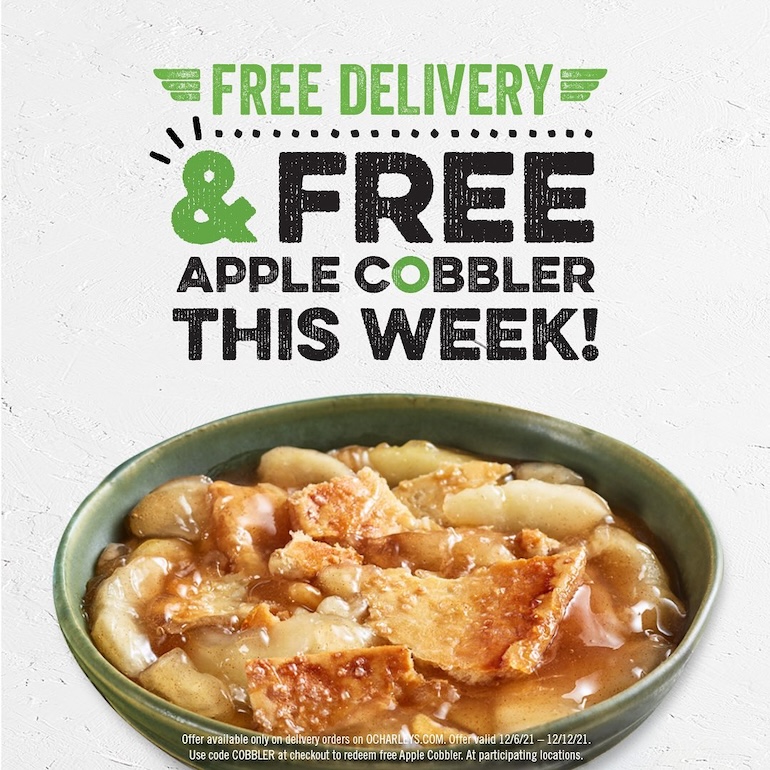
5 LTO Marketing Strategies for Restaurants
1. Cultivate Exclusivity
When planning your LTO, think about what kind of offer aligns with your brand in a way that it feels like only your restaurant could offer it. Also consider consumer trends and which items your guests are likely to enjoy most.
For instance, research shows that apple desserts make for popular LTOs, like Denny’s Caramel Apple Pie Crisp and O’Charley’s Apple Cobbler. So, let’s say you decide to start there. But being a farm-to-table restaurant, you put your own unique spin on an apple dessert. It’s called the Orchard Harvest Apple Stack and it features thinly sliced, caramelized apples sourced from nearby orchards. It’s served on a rustic wooden board, in keeping with your restaurant’s casual, yet slightly upscale vibe.
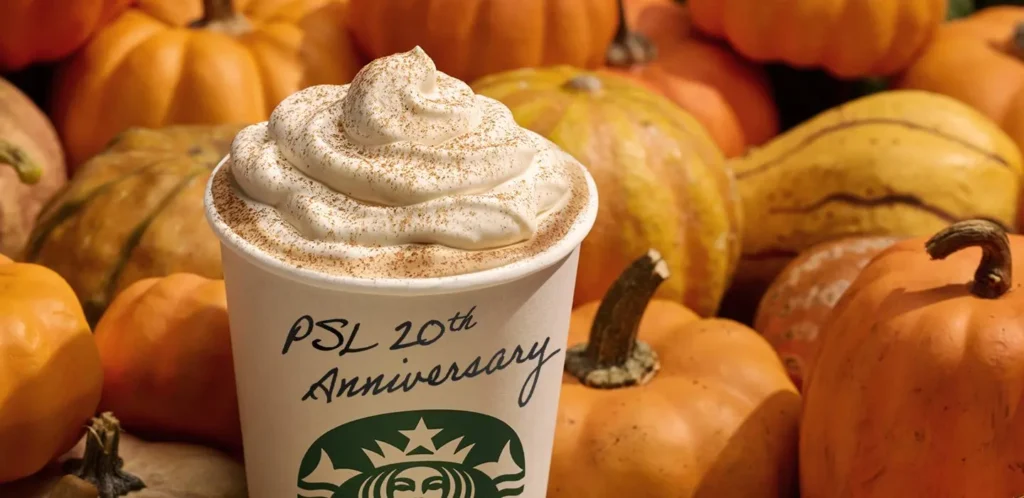
2. Capitalize on Every Sense
Your LTO shouldn’t just taste great – it should also look great to capture attention online and smell great to capture the attention of other diners.
Starbucks has done an outstanding job of capitalizing on both taste and smell with its Pumpkin Spice Latte (PSL). This hot beverage has become synonymous with autumn, and it’s also synonymous with Starbucks. The PSL has been so successful that it celebrated its 20th anniversary in 2023 – and taste has played a big role in the legacy.
“In a taste test alongside the chocolate and caramel beverages, pumpkin was the clear winner,” Starbucks recounts in a story about how the PSL was created. “There was something special about pumpkin. It scored high on ‘uniqueness’.”
Today, the PSL has evolved into other LTOs including the Pumpkin Cream Cold Brew and Iced Pumpkin Cream Chai Tea Latte.
3. Create Scarcity
When it comes to the LTO meaning in food service, urgency is key. The whole point of an LTO is that it won’t be around for long. So, it’s your job to drive home that point in your restaurant Instagram marketing and via email marketing – which in turn, will help drive sales.
Take the Cactus Plant Flea Market Box from McDonald’s, also known as an “adult happy meal.” This LTO was only available during a limited-time window and only until supplies lasted. As a result, it quickly sold out. McDonald’s even experienced a traffic increase of 37.6% year-over-year during the week of the LTO’s launch. Not only did the brand tap into scarcity to promote this LTO, but the entire offer was designed around another trend we’ve already mentioned is a winner: nostalgia.
4. Don’t Deviate Too Far From Your Brand
Your LTO should be unique enough to stand out, but it should still align with your brand. If you veer too far off course, you risk confusing your customers, which could harm your business.
Starbucks comes to mind again in this situation. The chain is not a bubble tea brand, but managed to capitalize on a trend by combining boba with its popular Lemonade Refreshers. This enabled Starbucks to put its own twist on a beverage with a big fan base and capture a slice of the bubble tea market.
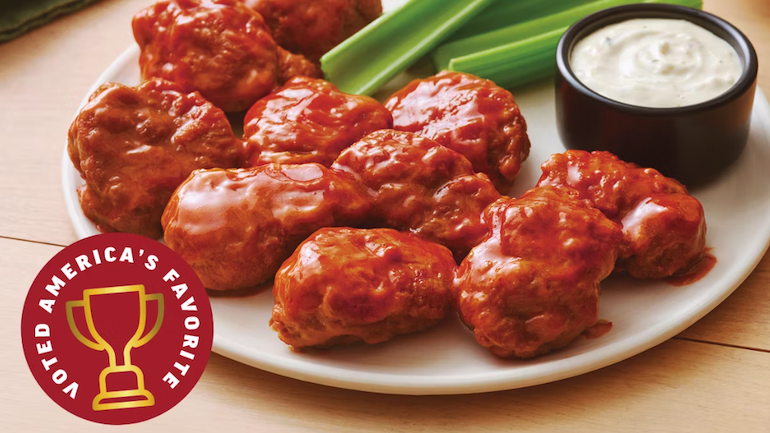
5. Deliver Value
Although exclusivity and excitement are central to a successful LTO, the best LTOs have something else in common: they deliver huge value. This is what consumers are really craving during a time of high inflation and financial stress.
For instance, Applebee’s ran a fall special including All-You-Can-Eat wings for $12.99. And McDonald’s is well known for its Summer Drink and Treat Days, during which vanilla cones, small fountain drinks, and small coffees are just $1.
If you’re having a tough time determining what kind of LTO your customers would find most valuable, you can always ask them! In fact, “72% of consumers would want to provide input to help operators create a new LTO,” according to Datassential. You could even create a contest and offer a prize for the winning LTO idea.
You now know the answers to questions like “What is an LTO?” and “What does LTO mean in food service?” You’ve also got five LTO marketing strategies to help you launch your most successful LTO yet. We can’t wait to see what you come up with – reach out or tag us on Instagram to keep us in the loop.
Download our free inventory template
Sign up for our free weekly TouchBistro Newsletter




